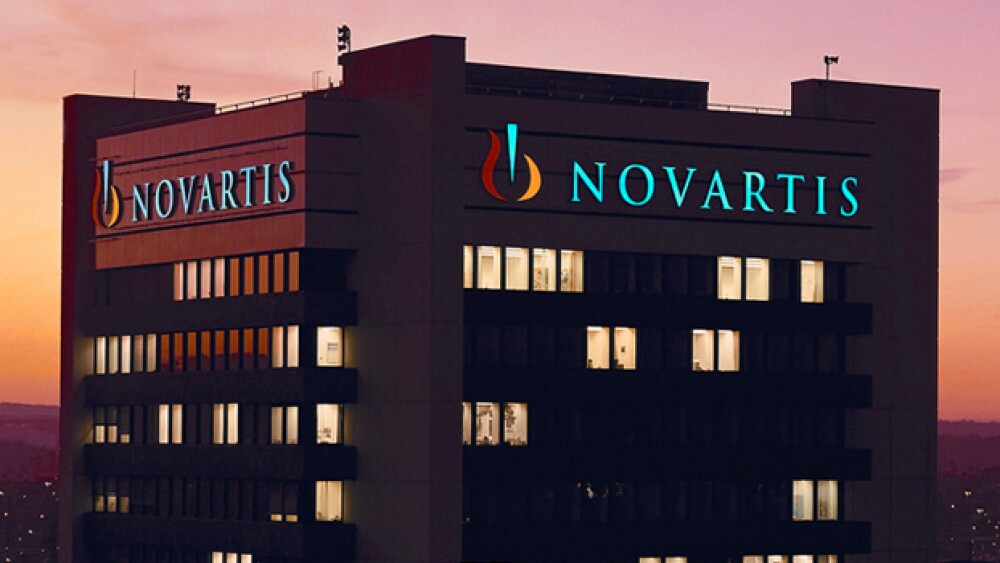Novartis announced that the FDA approved the company’s Egaten to treat fascioliasis in patients six years of age and older. Novartis also inked a multi-target and multi-year collaboration with AbCellera.
In a busy day, Novartis announced that the U.S. Food and Drug Administration (FDA) approved the company’s Egaten (triclabendazole) to treat fascioliasis in patients six years of age and older.
Fascioliasis is a neglected tropical disease otherwise known as a liver fluke infestation. It infects 2.4 million people globally with another 180 million expected to be at risk. The disease is caused by two species of parasitic flatworms, Fasciola hepatica or Fasciola gigantica. They infect people after consuming larvae in contaminated water or food.
“Novartis has a long-standing commitment to addressing global health challenges and supporting disease elimination efforts, in diseases such as leprosy, malaria and fascioliasis,” stated Vas Narasimhan, Novartis’ chief executive officer. “Today’s FDA approval of Egaten is another important milestone that we believe will help further expand access.”
Egaten is the only drug for fascioliasis recommended by the World Health Organization (WHO). WHO plans to provide the drug during epidemic outbreaks in addition to periodic use in endemic countries. It is also on the WHO Model List of Essential Medicines.
If untreated, the disease causes considerable pain and discomfort. The acute phase of the disease is marked by fever, abdominal pain, nausea, diarrhea and eosinophilia. It can progress into a chronic or obstructive phase.
Novartis has been donating the drug to the WHO since 2005. In 2018, the company renewed its deal with the WHO to extend the drug donation until 2022.
Novartis is a signatory to the London Declaration on Neglected Tropical Diseases. This declaration has a goal of controlling, eliminating or eradicating 10 diseases by 2020.
“This FDA decision is welcome news for millions who suffer or are at risk of fascioliasis and removes a major hurdle in expanding treatment to countries where it is most needed,” stated Mwelecela Malecela, director of the Department of Control of Neglected Tropical Diseases at the WHO. “We are thankful to Novartis for their sustained decade-long commitment in tackling yet another disease of poverty.”
In other news, Novartis inked a multi-target and multi-year collaboration with Vancouver, British Columbia-based AbCellera. Under the deal, AbCellera provides its expertise in antibody discovery as well as its single-cell screening technology to advance programs for up to 10 targets chosen by Novartis.
AbCellera is eligible to receive access to technology, research funding, downstream milestone payments, and royalties on net product sales.
In the last three years, AbCellera has completed more than 30 antibody discovery deals, including agreements with seven global pharma companies and “top-tier public and venture-backed biotech companies.” Other companies include GlaxoSmithKline, Merck & Co., and Pfizer.
AbCellera’s platform scours immune responses to identify naturally derived antibodies.
AbCellera currently has 72 full-time staffers and expects to add almost 30 by the end of this year. It recently moved into a new 22,000-square-foot laboratory.
“AbCellera continues to build its reputation as a high-powered innovation shop and the premier provider for therapeutic antibody discovery from natural immune responses,” stated Carl Hansen, president and chief executive officer of AbCellera. “This partnership with Novartis marks an important evolution of our partnering strategy, expanding form target-based collaborations to deal structures that encourage long-term relationships and provide extended technology access to select partners.”





